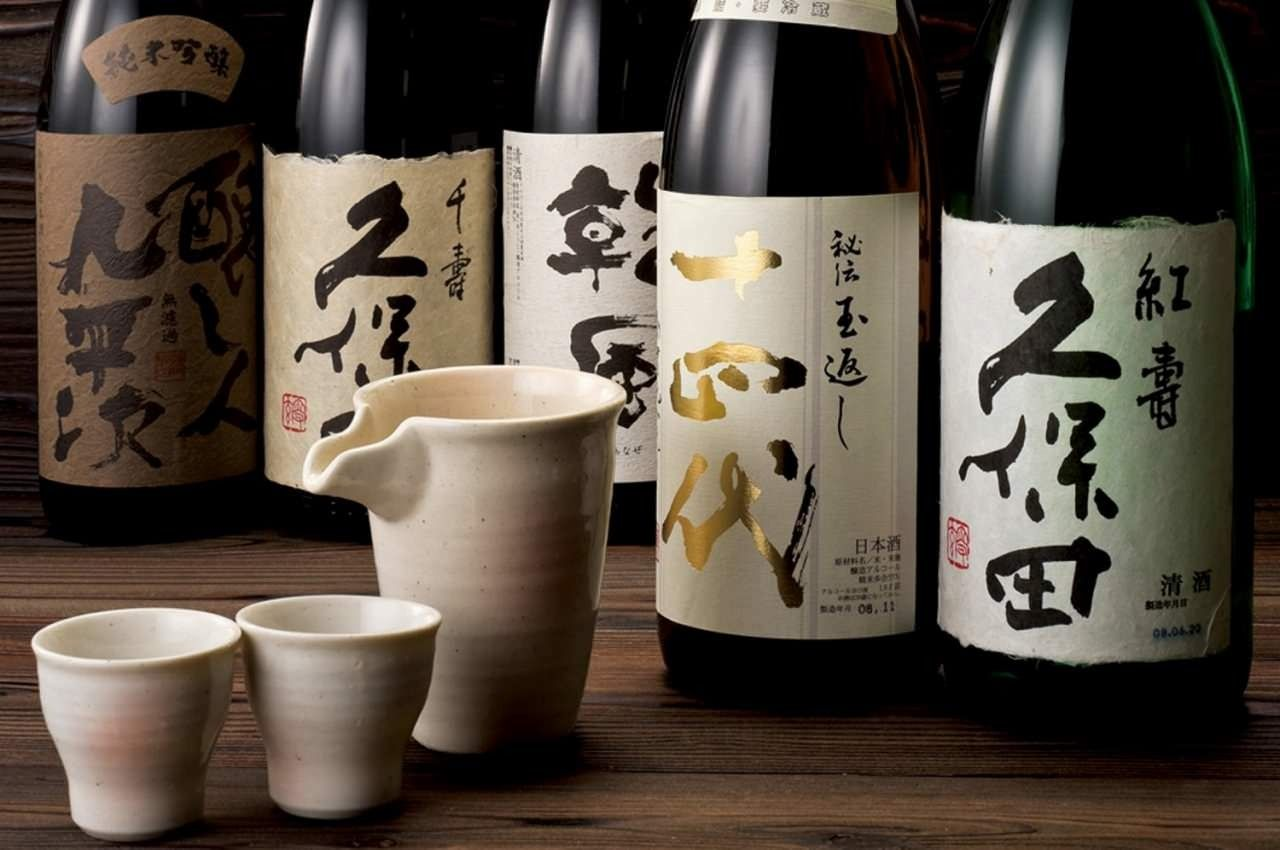A Taste of History: What is Doburoku?
In Japan’s rich world of traditional alcoholic beverages, doburoku, a cloudy, unrefined rice-based drink, is making a quiet resurgence. This ancient drink, dating back centuries, is often seen as the precursor to modern sake and has a murky, opaque appearance due to its production process. Unlike refined sake, which goes through a multi-step fermentation with carefully layered ingredients, doburoku’s simplicity involves mixing rice, koji (a type of fungus used in brewing), water, and yeast together in one step. This creates a sweeter, lower-alcohol drink due to the sugars that remain unbroken.
Heiwa Doburoku Kabutocho Brewery, a bar in Tokyo’s Nihombashi district, serves this revived beverage, offering visitors a rare opportunity to sample the historic drink and appreciate its cultural significance.
The Journey from Everyday Brew to “Moonshine”
Historically, doburoku was popular among farmers and Shinto priests, often brewed domestically due to its simplicity. In the Edo period, the drink was widespread; by 1855, nearly 500 doburoku producers operated in Edo (now Tokyo). But with Japan’s shift toward centralization during the Meiji period, homebrewing became subject to government control, and tax regulations gradually restricted its production.
By the end of the 19th century, the government fully outlawed doburoku as part of a broader ban on unlicensed alcohol, making it illegal in 1899. Homebrewing became forbidden as the government aimed to bolster its finances through taxes on regulated alcohol production, relegating doburoku to the status of “moonshine” or mitsuzoushu. However, doburoku maintained a presence, particularly in Shinto rituals, and gained a parallel in the Korean rice wine, makgeolli, which offered a similar unrefined taste and texture.
Reviving a Forbidden Tradition
Though still banned from home production, doburoku saw a revival in 2003 when the Japanese government permitted inns and restaurants in select regions with slower economic growth to brew and sell it legally. This deregulation allowed doburoku to re-enter the market under strict guidelines, drawing curiosity and sparking renewed appreciation for the historic drink. As of 2021, nearly 200 establishments in Japan are licensed to produce and sell doburoku, allowing locals and tourists alike to savor this forgotten aspect of Japanese culture.















